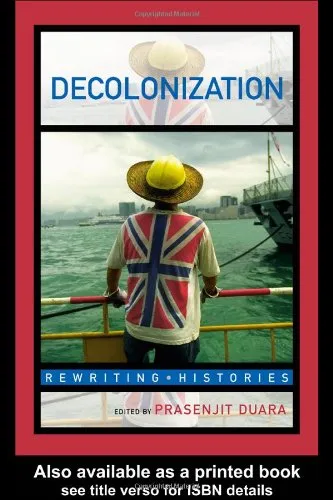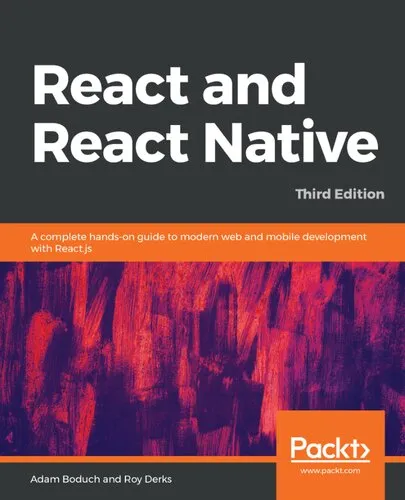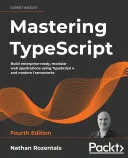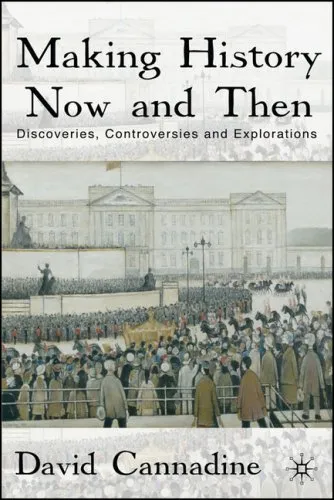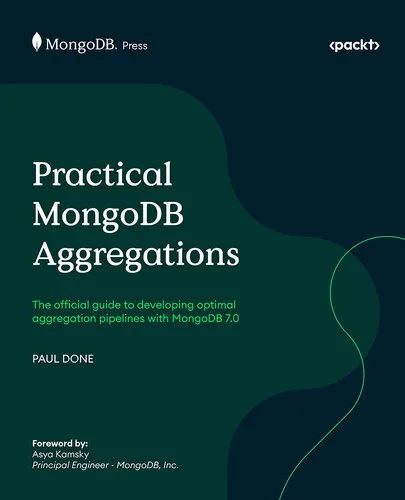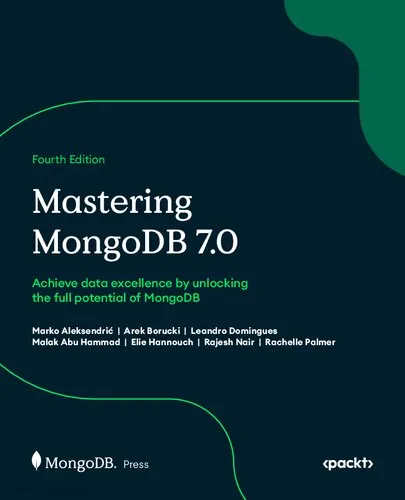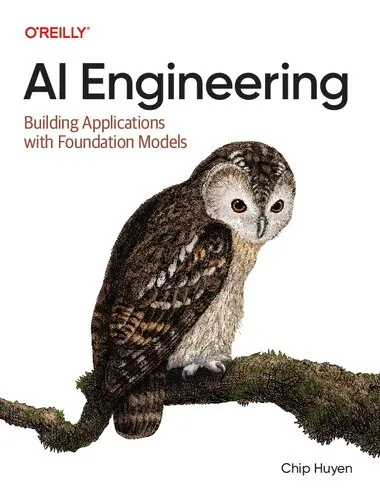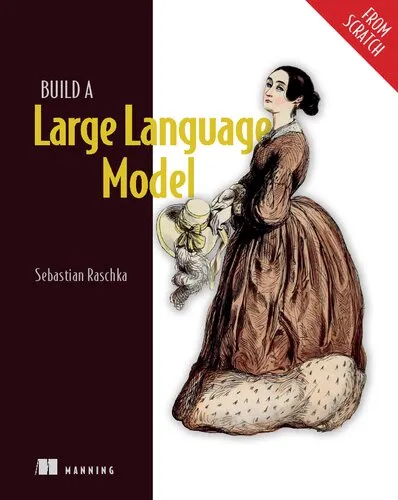Decolonization: Perspectives from Now and Then (Rewriting Histories)
4.5
Reviews from our users

You Can Ask your questions from this book's AI after Login
Each download or ask from book AI costs 2 points. To earn more free points, please visit the Points Guide Page and complete some valuable actions.Related Refrences:
Decolonization: Perspectives from Now and Then
An insightful exploration into the complex process of decolonization, Decolonization: Perspectives from Now and Then edited by P. Duara offers a comprehensive examination of one of the most significant events in modern world history. Through a rich tapestry of perspectives, this book dives into both historical and contemporary viewpoints to shed light on the ongoing process of decolonization and its lasting impact.
Detailed Summary of the Book
This book is an anthology that brings together a plethora of voices and ideas to explore the multifaceted nature of decolonization. The narrative begins by addressing the historical context, tracing back to the aftermath of World War II, where the collapse of colonial empires marked a pivotal shift in global political structures. Contributors delve into the varied processes that different countries underwent to achieve sovereignty, highlighting the struggles and the diverse strategies employed.
Further, the book leverages a comparative approach to discuss decolonization across Asia, Africa, and the Caribbean, showcasing the commonalities and divergences in these regions. It emphasizes the role of nationalist leaders, civil movements, and international influences in shaping the outcomes of decolonization. More contemporary sections of the book address the lingering legacies of colonialism, exploring how former colonies grapple with issues of identity, governance, and economic challenges in a rapidly globalizing world.
Key Takeaways
- Decolonization was not a uniform process; it varied significantly across regions and within countries.
- The impacts of colonialism persist in contemporary political and social structures.
- Decolonization involved not only political but also cultural and psychological dimensions.
- Understanding decolonization requires an interdisciplinary approach, incorporating history, politics, and sociology.
Famous Quotes from the Book
"Decolonization is a process, not an end; it is a rebirth and a reimagination of peoples deprived of their own histories."
"The pursuit of independence is as much about reclaiming identity as it is about political sovereignty."
Why This Book Matters
In an era marked by a constant re-evaluation of historical narratives, Decolonization: Perspectives from Now and Then is of paramount importance. This book serves as a crucial resource for anyone interested in understanding the ongoing impact of colonial legacies. It not only offers a retrospective on the mid-20th century movements that reshaped the world map but also provides insights into contemporary issues faced by postcolonial societies.
The book is especially relevant for scholars, students, policy makers, and those interested in global history. Its interdisciplinary approach invites readers to think critically about the narratives they inherit and the power dynamics that continue to shape the world today. As our understanding of history deepens, resources like this book facilitate informed discussions around race, identity, and power, encouraging a more nuanced appreciation of the struggles and triumphs of decolonized societies.
Free Direct Download
You Can Download this book after Login
Accessing books through legal platforms and public libraries not only supports the rights of authors and publishers but also contributes to the sustainability of reading culture. Before downloading, please take a moment to consider these options.
Find this book on other platforms:
WorldCat helps you find books in libraries worldwide.
See ratings, reviews, and discussions on Goodreads.
Find and buy rare or used books on AbeBooks.
